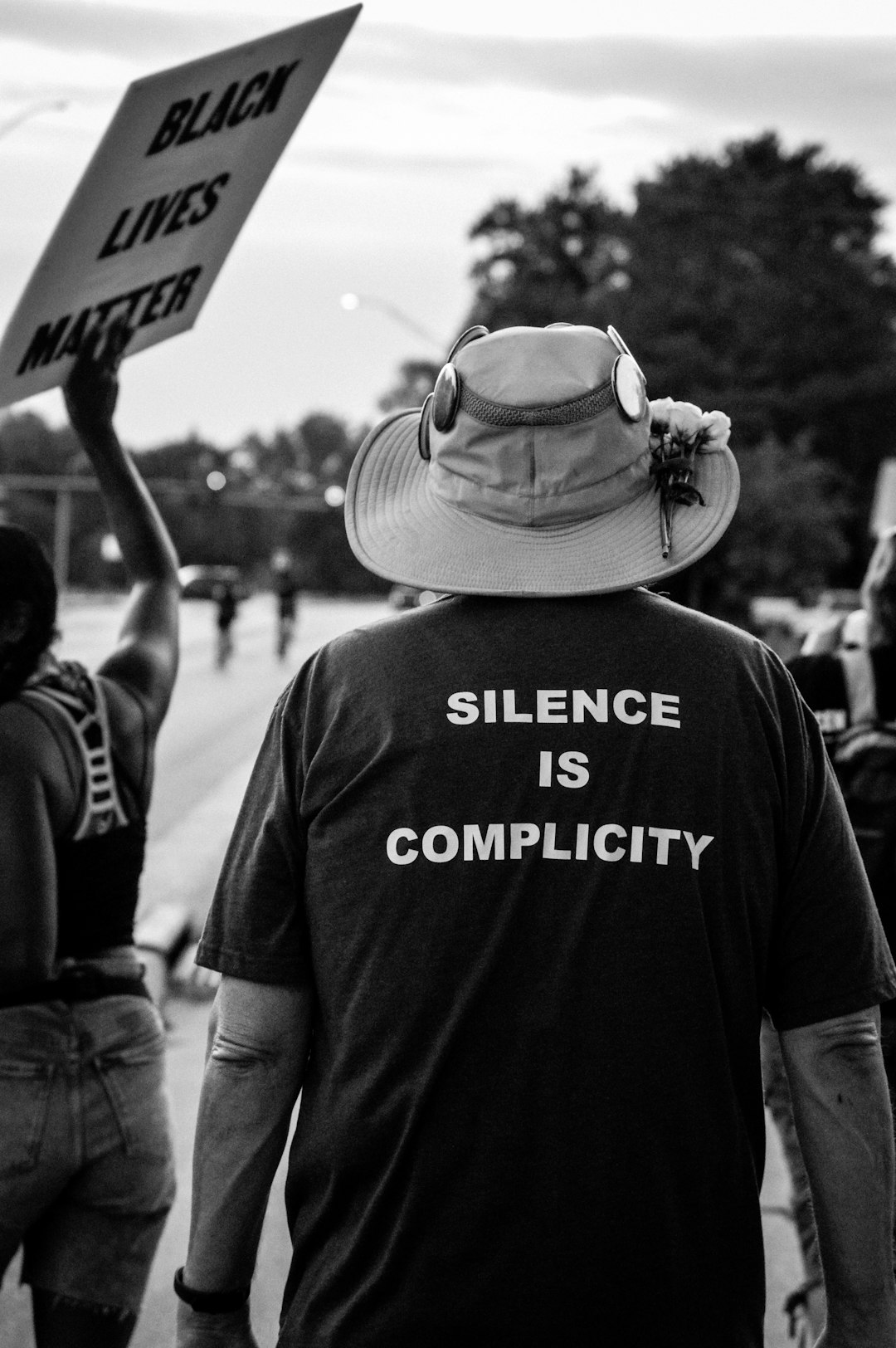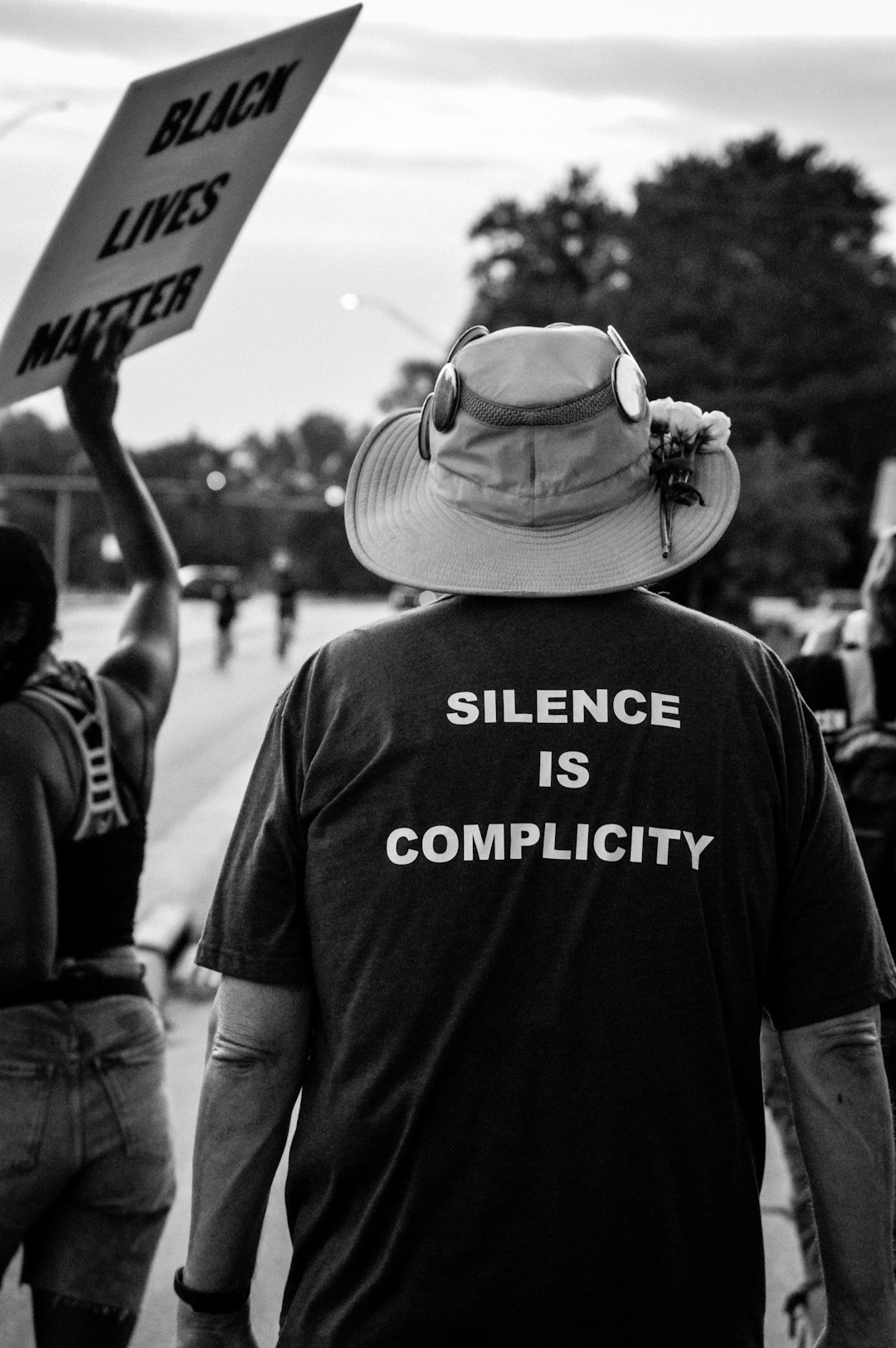Navigating Nebraska's Telemarketing Consumer Protection Act (TCPA) regulations requires consultation with a skilled TCPA lawyer. Key aspects include identifying illegal calls, understanding automated dialers, and consent for personal device calls. Reputable law firms offer guides to compliance. When seeking representation in Omaha, choose attorneys specializing in telecommunications law with a proven track record. Prepare documentation including phone records, marketing materials, and communication logs for an initial consultation. After signing an agreement, your lawyer will gather evidence, draft documents, and communicate on your behalf throughout legal proceedings.
Preparing for a TCPA consultation in Omaha? Navigating complex telecommunications laws can feel like a labyrinth, but with the right guidance, you can ensure a successful outcome. This comprehensive guide delves into every step of the process, from understanding Nebraska’s TCPA regulations to choosing an experienced TCPA lawyer or law firm. We’ll walk you through preparing essential documentation and what to expect during your consultation. By following these steps, you’ll be well-equipped to move forward with your case confidently.
Keywords: TCPA Lawyer Nebraska, TCPA Attorney Nebraska, TCPA Law Firm Nebraska, TCPA Lawyers Nebraska, TCPA Attorneys Nebraska.
Understanding TCPA Regulations in Nebraska: A Comprehensive Guide

Understanding the TCPA (Telemarketing Consumer Protection Act) regulations in Nebraska is essential when preparing for a consultation with a TCPA lawyer or attorney in Omaha. As a consumer protection law, the TCPA sets strict guidelines on telemarketing practices to prevent harassment and ensure fair treatment of consumers. In Nebraska, these laws are enforced by the Attorney General’s office, which plays a crucial role in monitoring and investigating complaints related to telemarketing.
When working with a TCPA lawyer or attorney in Nebraska, it is important to be prepared with knowledge of the state’s specific regulations. This includes understanding the types of calls that are considered illegal under the TCPA, such as unsolicited marketing calls, automated dialers, and calls made to personal devices without explicit consent. A comprehensive guide from a reputable TCPA law firm in Nebraska can help individuals and businesses navigate these complex laws and ensure compliance to avoid legal repercussions.
Choosing the Right TCPA Lawyer or Law Firm in Omaha

When preparing for a TCPA consultation in Omaha, selecting the appropriate legal representative is a pivotal step. It’s essential to choose a lawyer or law firm with an established track record and expertise in TCPA cases. Look for professionals who specialize in telecommunications law and have a deep understanding of the Telephone Consumer Protection Act (TCPA) within Nebraska’s jurisdiction. Ensure they possess the skills to navigate complex legal issues related to telemarketing, robocalls, and consumer privacy rights.
Consider firms or attorneys who regularly handle TCPA-related matters, as this signifies experience in managing similar cases. Check their client testimonials and past case results to gauge their success rate. You can also inquire about their approach to client communication, ensuring they provide transparent updates throughout the consultation and representation process. Engaging with a lawyer or firm that aligns with your legal needs is key to a successful outcome for your TCPA-related concerns in Nebraska.
Preparing Your Documentation for a Successful Consultation

Preparing your documentation is a critical step in ensuring a successful consultation with a TCPA Lawyer Nebraska. When meeting with an attorney from a TCPA law firm Nebraska, they will need to understand the specifics of your case. Gather all relevant texts, emails, phone records, and any other proof related to alleged TCPA violations. Organize this documentation chronologically to help the TCPA attorneys Nebraska track the communication history and identify key elements that could strengthen your case.
Additionally, prepare a brief summary of your interactions with the entity you believe has violated TCPA regulations. Include details such as the type of communication (e.g., text, call), frequency, and any attempts to opt-out or stop the contact. This concise overview will assist your TCPA lawyer Nebraska in quickly grasping the essence of your situation during the consultation.
What to Expect During a TCPA Legal Consultation

When preparing for a TCPA (Telemarketing Consumer Protection Act) legal consultation in Omaha, it’s crucial to understand what to expect. During your initial meeting with a TCPA lawyer Nebraska or TCPA attorney Nebraska, they will first assess the specifics of your case. This includes reviewing any relevant phone records, marketing materials, and communication logs that led to potential TCPA violations. They’ll ask about the nature of the calls, the frequency, and whether you’ve received any previous notices or complaints.
The TCPA law firm Nebraska will then explain the legal options available to you based on the information provided. They may discuss the possibility of negotiating a settlement with the offending company or filing a lawsuit if the violation is severe. It’s important to be prepared to share all relevant details to ensure a comprehensive evaluation and the best possible outcome for your case.
Post-Consultation Steps: Moving Forward with Your Case

After your initial consultation with a TCPA Lawyer in Nebraska, the next step is to decide how to proceed with your case. If you’ve decided to move forward, the first post-consultation action is typically signing an agreement outlining the terms of representation. This includes fee structures, expected timeline for resolution, and specific strategies your chosen TCPA attorney or law firm will employ to represent you. It’s crucial to understand these details and ask questions until you’re fully comfortable with the arrangement.
Once the agreement is signed, your TCPA lawyer in Nebraska will begin working on your case. They’ll gather evidence, draft legal documents (if necessary), and communicate with opposing parties or relevant organizations on your behalf. Throughout this process, regular communication between you and your attorney is vital. Keep updated on developments, attend any required meetings or hearings, and be prepared to provide additional information as needed to support your case.






